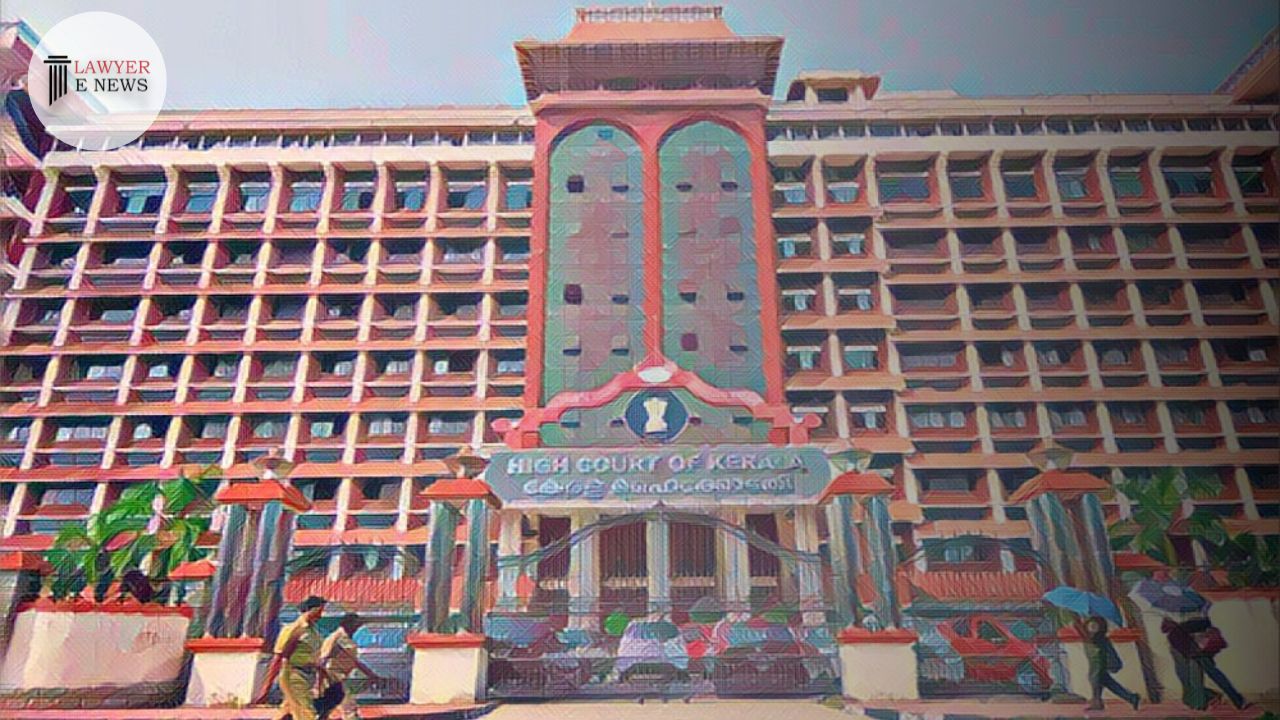-
by Admin
15 February 2026 5:35 AM



In a recent judgment, the High Court of Kerala at Ernakulam upheld a mandatory injunction directing the defendants to vacate the plaint schedule property, reaffirming the principles of property rights and license termination. The court's decision, delivered by Justice C. Pratheep Kumar, emphasizes that the defendants, who were residing as licensees, cannot claim possession or protection under Section 44 of the Transfer of Property Act.
Credibility of License Termination: The court highlighted the validity of the license termination by the plaintiffs, who had purchased the property from Devaraja Gowder. The plaintiffs terminated the license on 12th July 2003 and promptly filed the suit for mandatory injunction on 21st July 2003. "There was no delay in filing the suit for mandatory injunction after the termination of the license, negating any claim of adverse possession by the defendants," noted the court.
Status of the Defendants as Licensees: Addressing the status of the defendants, the court observed that the defendants continued to reside on the property with the permission of Devaraja Gowder, the original owner, and thus remained licensees. "The defendants’ residence in the building after the execution of the partition deed in 1957 can only be as licensees," the judgment stated, rejecting the defendants' claims of adverse possession.
The judgment discussed the applicability of Section 44 of the Transfer of Property Act, emphasizing that the protection under this section is available only to co-owners. Since the defendants were not co-owners but licensees, they could not claim this protection. "The first defendant, being a licensee under Subbayya Gowder, is not entitled to claim the protection under the second paragraph of Section 44 of the Transfer of Property Act," the court clarified.
Justice C. Pratheep Kumar remarked, "The defendants, not being co-owners of the plaint schedule property and the residential building situated therein, are not entitled to get the benefit of paragraph 2 of Section 44 of the Transfer of Property Act. Since the 1st defendant along with the 2nd defendant are residing in the dwelling-house in the plaint schedule property as licensees, on termination of license, they are bound to vacate the plaint schedule property".
The High Court’s decision reinforces the property rights of purchasers against licensees post-termination of the license. By affirming the plaintiffs' right to evict the licensees, the judgment underscores the significance of prompt legal action following license termination and clarifies the application of property laws in similar disputes. This ruling sets a significant precedent for future cases involving property rights and the status of licensees under the Transfer of Property Act and Easements Act.
Date of Decision: 24th May 2024
SIVALINGAPPA GOWDER VS N.A. ANIDAS & NA AJIDAS
